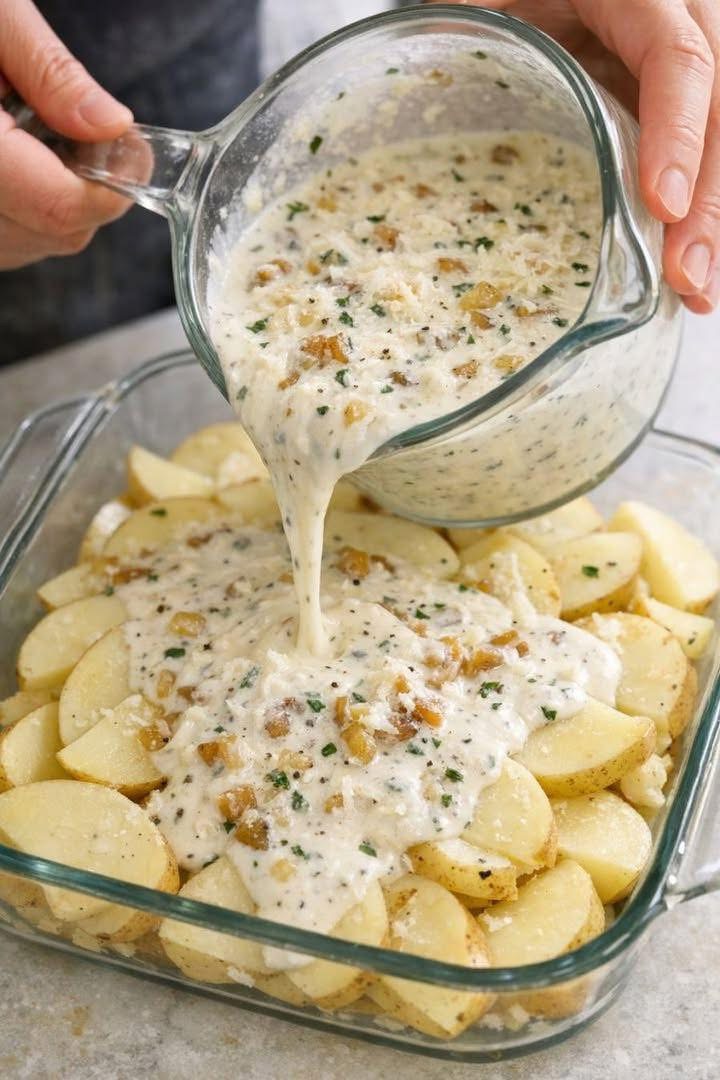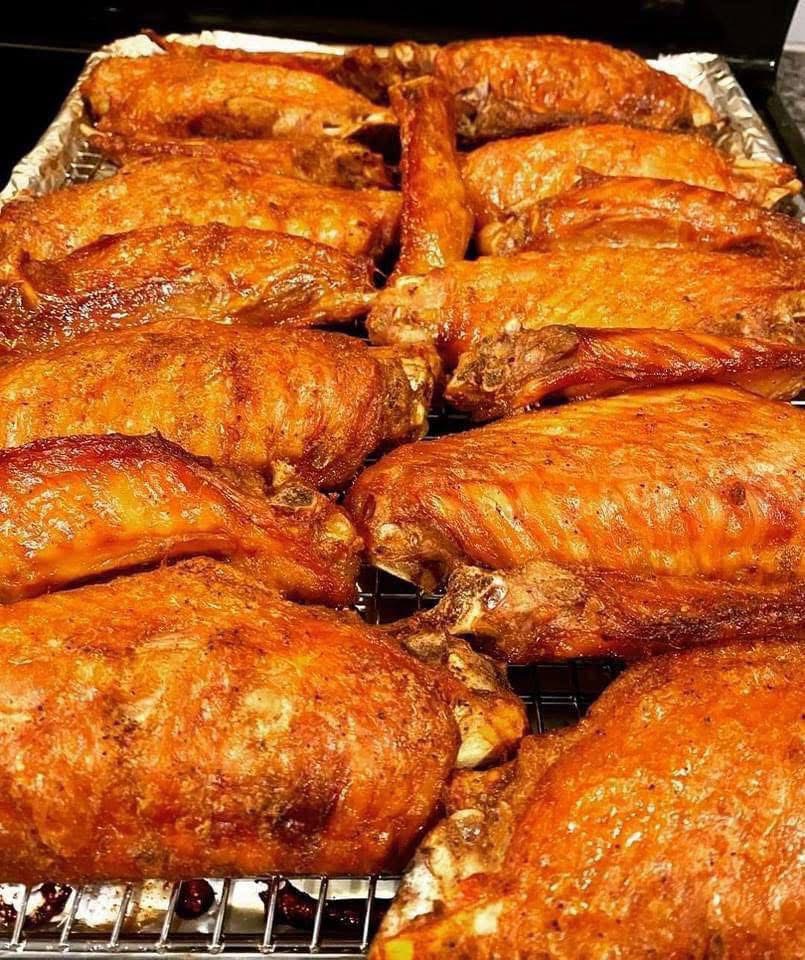Absolutely! Here’s a short, punchy recipe introduction (ideal for blogs, cards, or social media):
“This lightning-fast lemon garlic pasta turns pantry staples into pure magic. Creamy, bright, and ready in 15 minutes, it’s my forever-weeknight rescue.
Top with chili flakes and parsley for a restaurant-worthy bite—no one needs to know how easy it was!”
✨ Why it works:
✅ Hook: “lightning-fast,” “pure magic”
✅ Key details: 15 minutes, pantry staples
✅ Sensory appeal: creamy, bright, restaurant-worthy
✅ Serving tip: chili flakes + parsley
I’ll craft you a perfect tiny intro! 😊
It looks like you’re asking about recipes! Most recipes include two key sections:
📝 1. Ingredients
A list of items you need, usually with measurements. Example:
🥣 Cake Batter:
2 cups all-purpose flour
1 cup sugar
3 eggs
1 tsp vanilla extract
🔥 2. Instructions (or Method)
Step-by-step directions to prepare the dish. Example:
Preheat oven to 350°F (175°C).
Mix flour, sugar, eggs, and vanilla until smooth.
Pour batter into a greased pan.
Bake for 30 minutes.
💡 Helpful Tips:
Measurements: Use standard cups/spoons or grams for accuracy.
Order: List ingredients in the order they’re used.
Prep Notes: Include pre-steps (e.g., “dice onions“, “melt butter“).
Substitutions: Mention alternatives (e.g., “almond milk for dairy milk”).
Need help with a specific recipe? Share the dish name, and I’ll provide the ingredients + instructions! 🍳🍰
Great question! Storage variations depend on the dish, ingredients, and how long you plan to keep it. Here’s a quick guide:
🧊 General Food Storage Variations
| Food Type | Fridge (0–4°C) | Freezer (–18°C) | Room Temp |
|---|---|---|---|
| Cooked meat/fish | 3–4 days | 2–3 months | ❌ Never |
| Soups/stews | 3–4 days | 4–6 months | ❌ Never |
| Hard cheese | 3–4 weeks | 6 months | ❌ (Wrap tightly) |
| Fresh herbs | 5–7 days* | 2–3 months (in oil) | 1–2 days (in water) |
| Baked goods | 3–5 days | 3 months | 2–3 days (covered) |
| Cut fruit | 2–3 days | 6 months | ❌ Never |
* Herbs last longer stored like flowers: stems in water, covered loosely with a bag.
🔑 Key Variations to Note
- Moisture Control
Greens/Herbs: Line containers with paper towels to absorb excess water.
Crispy foods (e.g., fried chicken): Store uncovered in the fridge to avoid sogginess.
- Acidity & Preservatives
High-acid foods (pickles, tomato sauce) last longer in the fridge (weeks/months).
Dishes with vinegar/citrus resist spoilage better.
- Density Matters
Liquid-heavy foods (soups, curries): Freeze flat in bags to save space.
Dense items (cheesecake, casseroles): Portion before freezing.
- Reviving Tricks
Stale bread? Sprinkle water + bake 5 min at 175°C.
Limp veggies? Ice water bath for 10 minutes.
⚠️ Avoid These Mistakes!
Never refrigerate:
➤ Tomatoes (lose flavor)
➤ Potatoes, onions (become gritty)
➤ Honey (crystallizes)
Don’t freeze:
➤ Mayonnaise, cream-based sauces (separate)
➤ Raw eggs in shell (expand and crack)
Need storage tips for a specific dish? Tell me what you’re making! 🥡❄️
-
The Ultimate Cozy Potato Bake
When the air turns cool or your body simply demands comfort, few dishes answer as confidently as a creamy potato bake. This is not flashy food. It does not try … Read more
-
Vanilla oatmeal pancakes
Flourless Vanilla Oatmeal Pancakes are a simple, nourishing breakfast made without traditional wheat flour. Instead, they rely on oats, eggs, and banana to create structure and natural sweetness. The result … Read more
-
Smothered Turkey Wings Recipe
Smothered Turkey Wings Recipe Introduction When it comes to classic Southern comfort food, nothing quite compares to a hearty Smothered Turkey Wings Recipe. This dish is the very definition of soul … Read more



